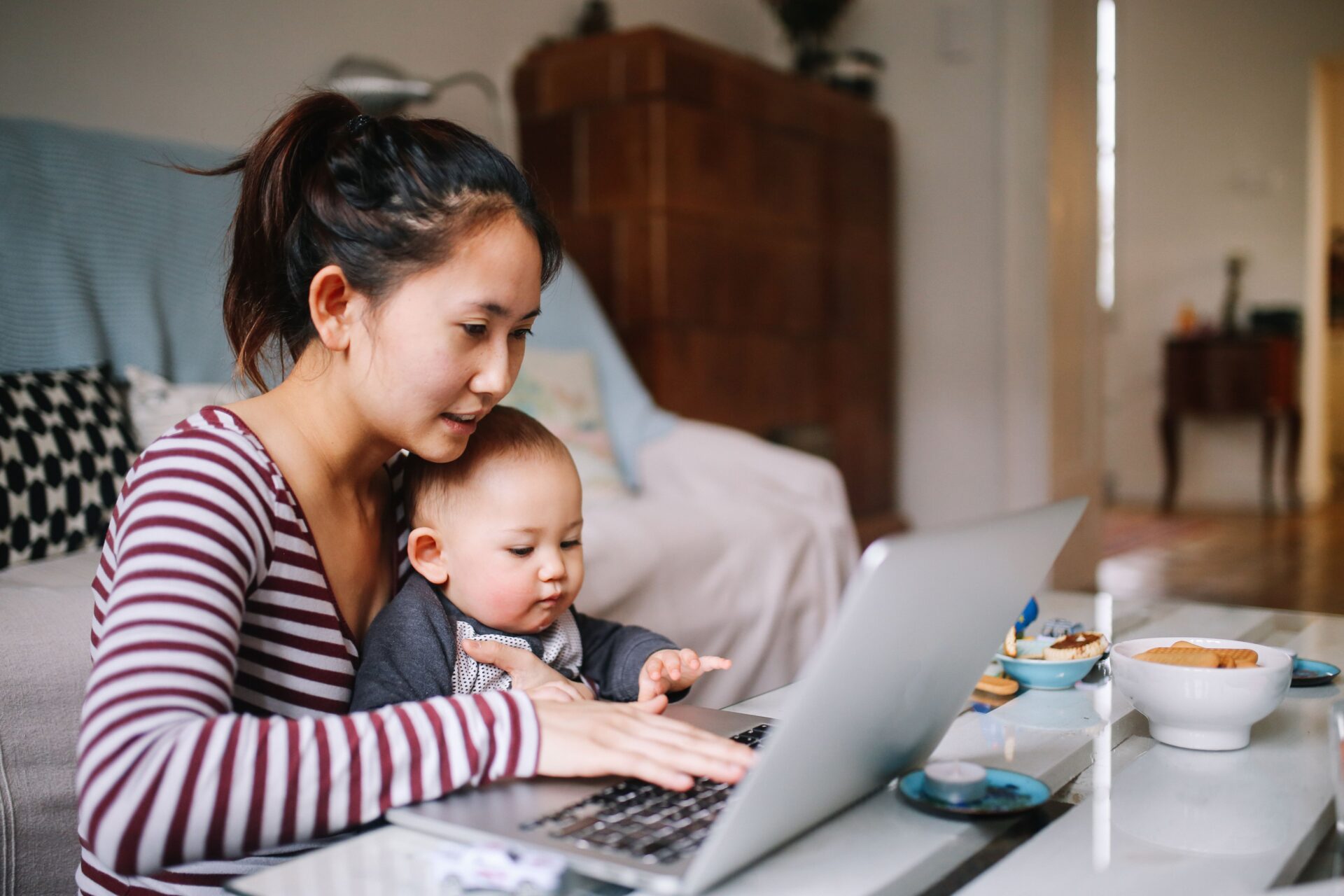While the pandemic caused a major upheaval around the globe in many different ways, one of the silver linings of the whole situation was the increase in jobs that allow for working from home. This makes handling work-life balance a whole lot more manageable. However, one study showed that when it comes to parents, working from home benefits one side more than the other.
A study by the University of Ohio showed that mothers who work from home tend to take on the brunt of housework in addition to her job responsibilities while working from home, when the woman is working from home and the man is not.
It also showed that in cases where women were working from home, they often took on extra tasks around the house to help lighten the load for their husbands, while when men worked from home and were able to do more housework, they did not necessarily do so.
That meant that in cases where women worked from home and men did not, the men did not have to worry about chores at home upon returning from work, while the opposite was not true.

Men Working From Home Tend To Take On Fewer At Home Tasks While Working Remotely
Professor of management at The Ohio State University Fisher College of Business Jasmine Hu, who is also the lead author of the study, said that “these findings suggest husbands can provide more resources and support for their wives to complete remote work tasks when they have flexibility in scheduling their work time and procedure.”
In related studies, the difference between the at-home tasks between women and men was completely different, regardless of working at home or at the office. Most housework will still be done by women, following years of expectations of traditional gender roles but disregarding the fact that many more women are in the work force full time now as well.
Hu suggests that this study could help make talking about the distribution of roles at home more commonplace, while husbands pitching in more can help women feel less burned out, which benefits both the household and also the woman’s place of work.
Hu said: “Organizations and managers should give their male employees more flexibility when possible so they and their families can better adapt to crises like the COVID-19 pandemic…We believe that our findings can be generalized to post-crisis times. For the foreseeable future, the COVID-19 crisis can dramatically change how employees work and how dual-earner couples fulfill work and family duties.”

A More Even Divide Can Help Prevent Burnout









